
Apple returns to its core
Today's splashy media event takes Apple back to its roots (no pun intended). For example, the new MacBook, which weighs less than a kilogram (2.2 pounds) and is 1.31 centimeters at its thickest, reminds of the design and engineering qualities that made iPod nano so breathtaking and innovative 10 years ago in September. Apple CEO Tim Cook paid a little homage to predecessor Steve Jobs when remarking about the laptop: "Can you even see it?" Small size mattered when Jobs unveiled the nano, too.
Innovation—and nothing resembling the cliché overuse of the word today—went into iPod nano and was demonstrated this morning in the new MacBook, which goes on sale April 10, starting at $1,299. Lust-worthy design is an Apple prerogative that is core to today's crop. But there is much more: Real cohesion around an Apple vision long lost in the distraction of Steve Jobs' illness and death and the transition that followed.

Don't let your gadgets ruin a good night's sleep
Blue wavelength light emitted by the screens of computers and gadgets is known to suppress the body’s production of melatonin, the hormone which regulates sleep.
Use of gadgets therefore can prevent you from getting a good night's sleep. Mobile accessory company Fabre Technik has come up with some tips to help you make use of your gadgets but still get some decent shut-eye.
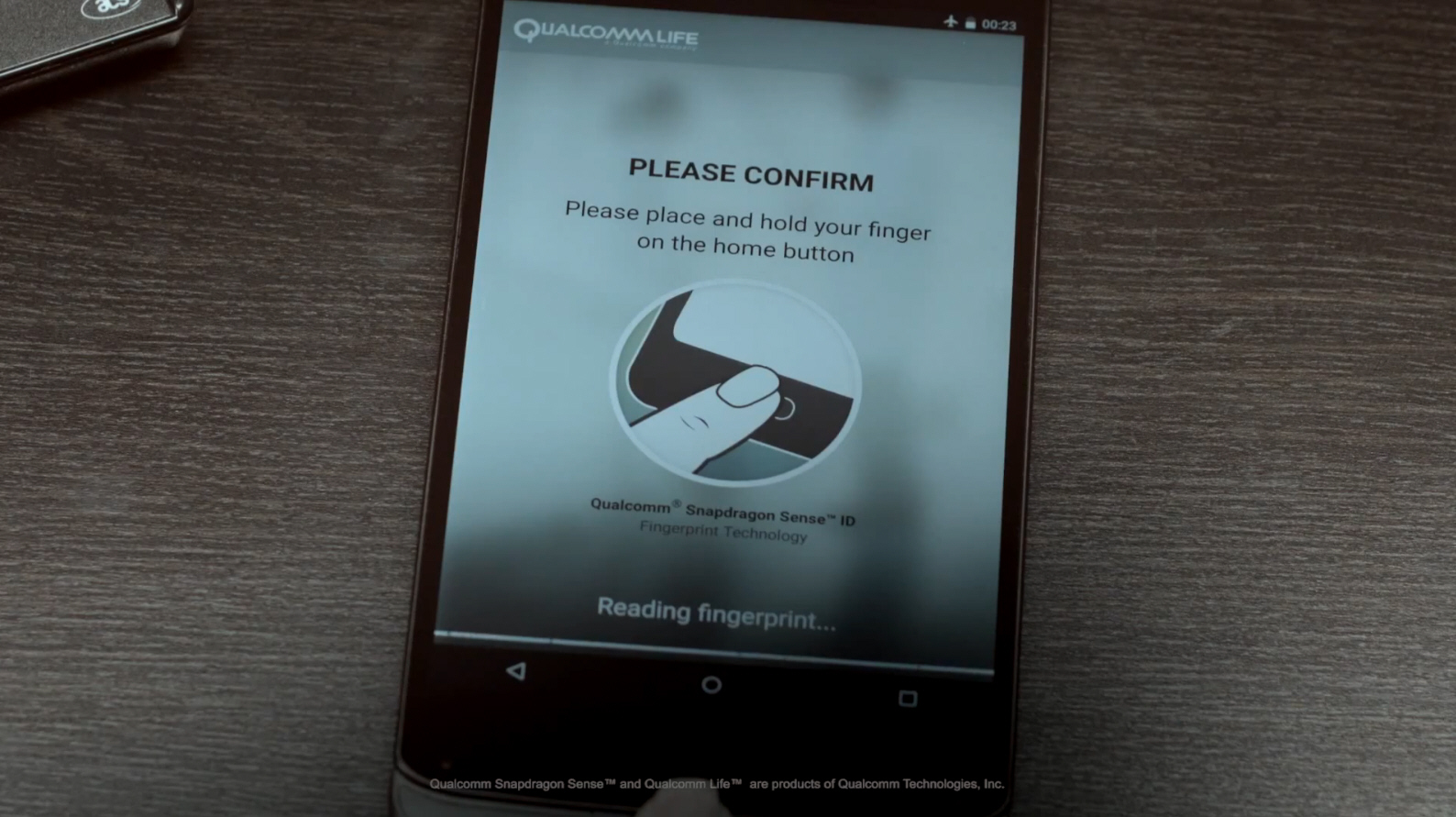
Qualcomm challenges Apple's fingerprint sensor tech with new Touch ID rival
Fresh from a few big mobile announcements at MWC, Qualcomm has announced a new fingerprint sensor technology to compete with Apple’s Touch ID.
Qualcomm’s Snapdragon Sense ID is a new technology using ultrasonic waves to create a 3D fingerprint of the user, offering more depth than Touch ID, which uses an area-type capacitive 2D fingerprint.
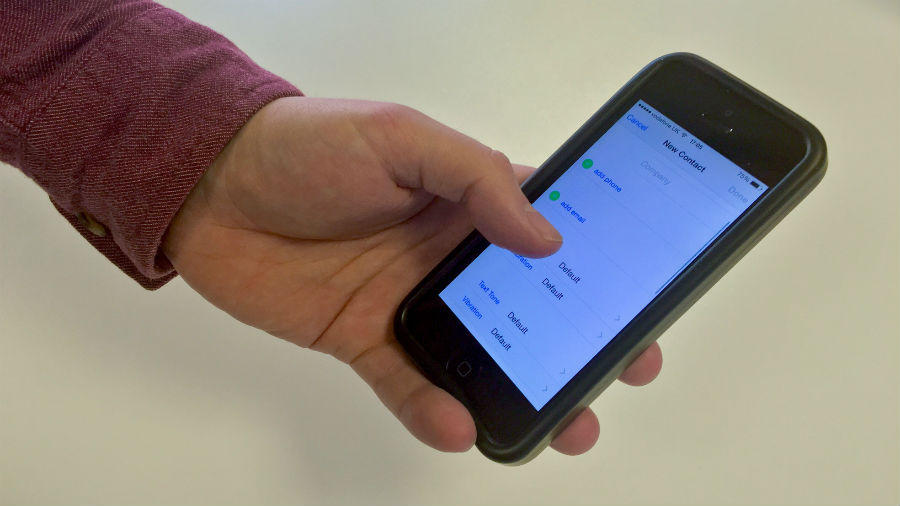
7 ways to maximize your Android and Apple contacts
I’m sure you all know that your smartphone contacts app has long been essential for storing contact information, but while storage is its typical use, Android and Apple devices contacts are not limited to that function.
There are several nifty tricks you can use to lever the full potential of your contacts list. Here are seven of the best.

Emailage fights fraud with email address scoring
Email is the most common form of digital ID, used to login to websites, complete transactions and more besides. This means that over time each email address develops its own unique reputation and digital life based on its past behavior and actions online.
Phoenix-based startup company Emailage has used this to develop a risk scoring system for email addresses which will help companies to reduce the risk of fraudulent transactions. Emailage has successfully flagged over 2 million transactions as risky in the past year alone, amounting to $150 million it's saved customers. The company has now received $3.8 million in venture capital funding to further develop its product.
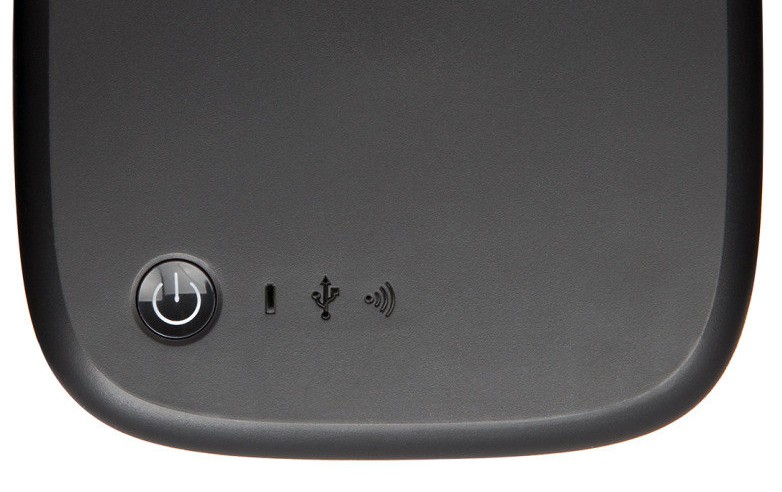
Seagate Wireless: Portable mobile storage that can stream media to up to three devices at once [Review]
Unless you and your family are into just the one tech manufacturer -- Apple say -- the chances are you will have various devices running different operating systems. In my home, for example, there are three Windows PCs, two Android phones, two Android tablets, an iPad and an iPhone. All of which have media -- photos, videos, music -- stored on them.
There are various ways to make all of this content accessible across the different devices, but Seagate Wireless from Ebuyer is a simple, yet powerful solution. It’s a portable, battery powered 500GB drive with a built-in wireless network that can stream content to up to three smartphones, tablets and laptops simultaneously.

Intelligent and connected devices are driving a 'third industrial revolution'
Software-driven intelligent devices and the Internet of Things are changing the way companies deliver their products and services.
This is among the findings of a new report from Flexera Software and IDC which points towards a 'third industrial revolution' transforming the global economy.

Emojis and video -- how smartphones should be evolving the way brands communicate
The emoji heart was, perhaps not surprisingly, the most used "word" of 2014. It’s the first time that the Global Language Monitor has awarded the title to a symbol, a significant moment for the English language.
New digital formats continue to change communications; text speak was the first widespread digital vernacular and, although it might be out of fashion now, we still use words derived from that language today. We live in an era of images and video, where Pinterest, Vine and emoticons are prevalent in our lives. If people do use words at all, they communicate in 140 characters. Social and digital tools have also made people see symbols differently. Before the smiley face emoticon first appeared in a post to Carnegie Mellon University Computer Science General Board, from Professor Scott E Fahlman in 1982, or indeed prior to this in a public appearance in Puck magazine in 1881, would our brains have recognized the punctuation pictorially? Probably not. However, digital technology has taught us en masse to recognize the position of the open parenthesis relative to the hyphen and the colon.

How the 'Health of Things' could replace your trip to the doctors [Q&A]
One of the biggest trends of this year's CES was the "Health of Things", with wearable technology increasingly being connected to healthcare in order to enhance users' lives.
I spoke to health tech specialist Nudge about what exactly the "Health of Things" means to the general consumer and the impact it's having -- and will have -- on the tech and healthcare industries.

What Back to the Future II's vision of 2015 got wrong
To celebrate the fact we are now in the year Marty McFly was teleported to, yesterday we had a look back at what Back to the Future II creator Robert Zemeckis got right in his look forward to the year 2015 where he envisaged everything from smart homes and wearables to hoverboards.
There was, of course, also a whole lot he got wrong about the future, and here’s a rundown of the things that didn’t go according to his vision.
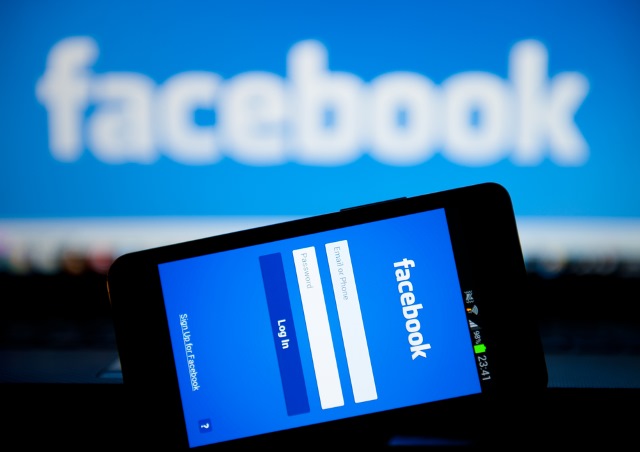
Facebook is the world’s favorite identity
With more and more websites requiring passwords to access them, people are looking for ways to manage their surfing that don't require multiple IDs.
Increasingly the answer they're turning to is social media and in particular Facebook. A new infographic from identity management specialist Gigya shows that the social network accounted for over 60 percent of logins in the fourth quarter of last year.

What Back to the Future II's vision of 2015 got right
Marty McFly visits the year 2015 in Back to the Future Part II, the sequel to Robert Zemeckis’ 1985 masterpiece "Back to the Future".
Now that we’ve finally hit the year portrayed in the film it’s time to give them a report card on the things they got right.
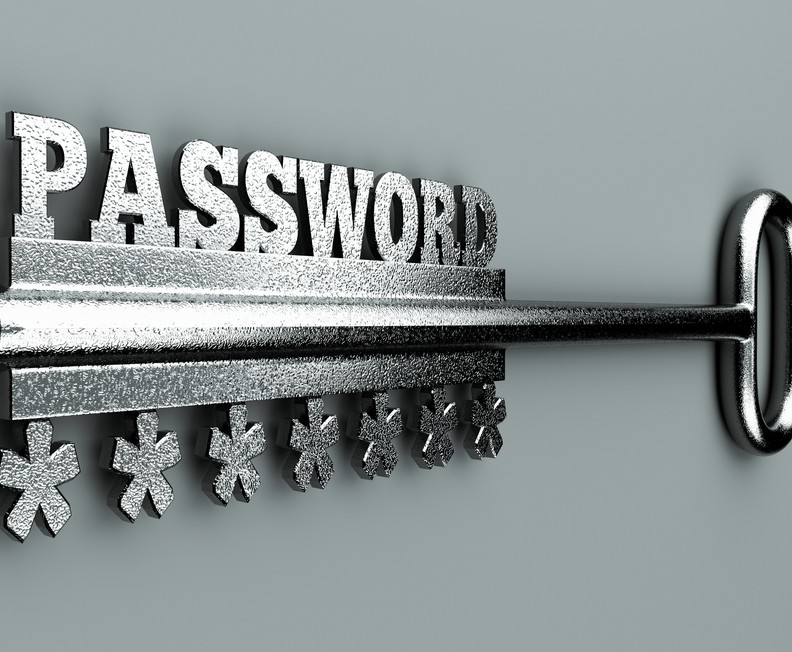
Is it time to say goodbye to the password?
Microsoft's Bill Gates predicted the death of the password as long ago as 2004, yet we're still heavily reliant on them for our day-to-day security.
Part of the reason the password has lingered so long is the lack of solutions that provide security combined with ease of use.

Why I couldn't care less about smartphones
Smartphones make me fed up. There. I said it.
Every year since Apple released its paradigm shifting iPhone 3G and pushed the industry into the stratosphere there has been nothing to get truly excited about in a sector that should be just that: exciting.
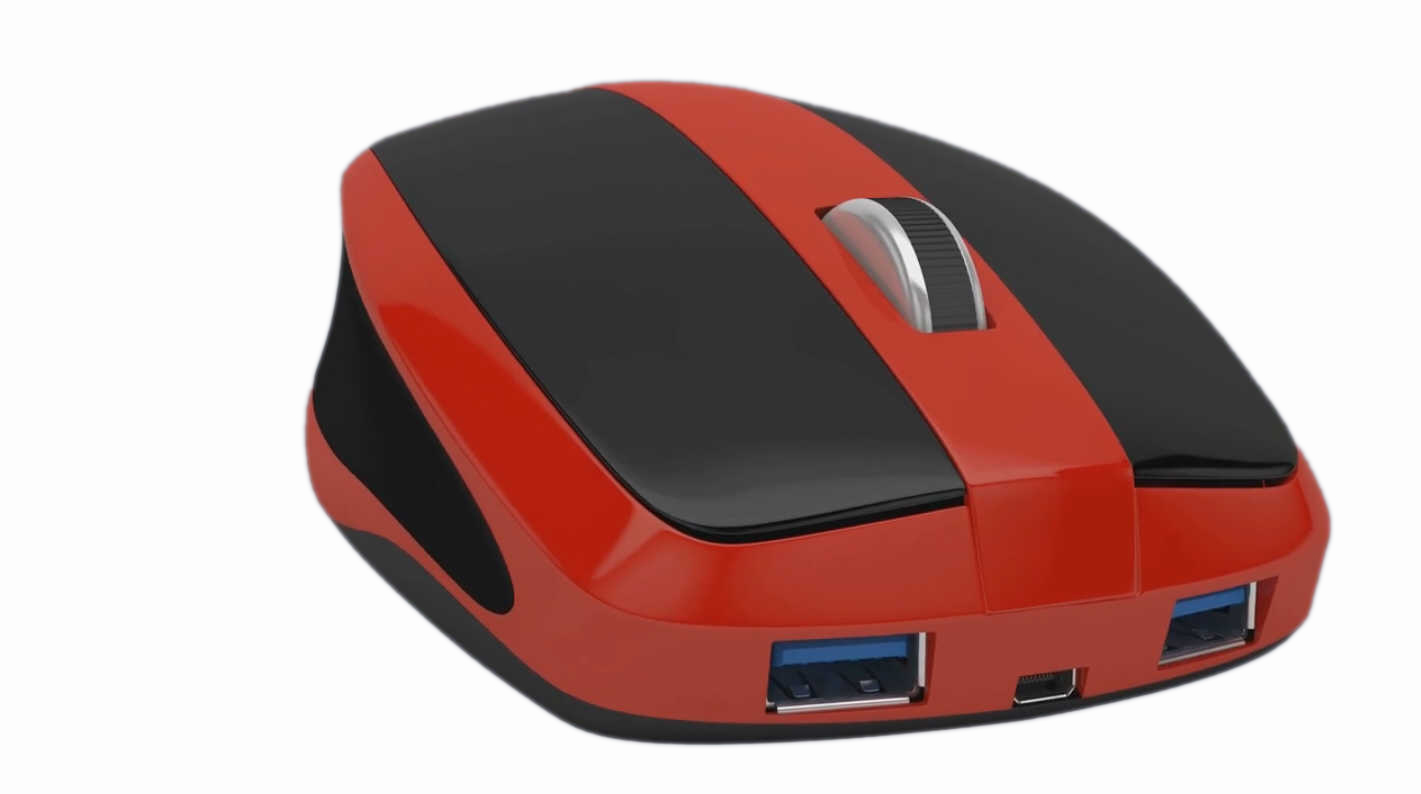
Mouse-Box is a complete computer… in a mouse!
Small computers are proving very popular these days. As well as the likes of Raspberry Pi, there are Windows 8.1/Linux devices like Intel's Compute Stick on the way, and fans of Linux Mint can purchase the CompuLab MintBox Mini. Given the size of this new generation of diminutive device, it’s perhaps surprising that no one has (successfully) tried to squeeze a PC into a mouse before.
Well, now, finally they have. Mouse-Box aims to be a complete computer inside in a fully functioning pointing device. You’ll be able to use it with your normal PC, and then switch to the Mouse-Box computer with ease. You just need access to a screen and keyboard (you already have the mouse!)
